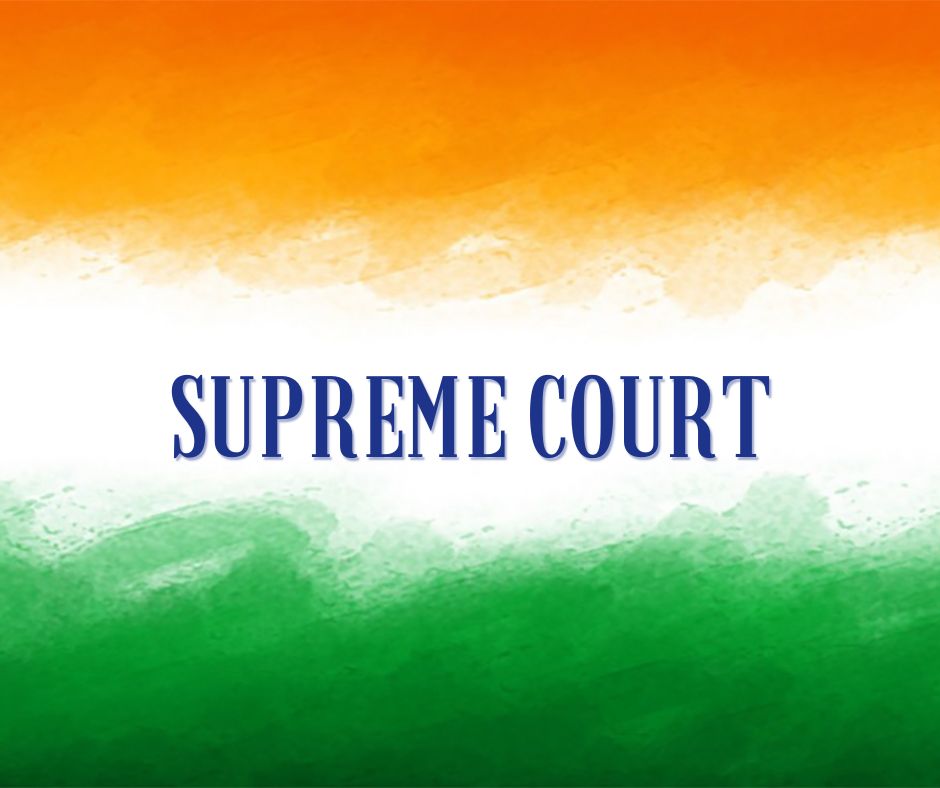The priority of claims, indicated in the hierarchy of preferences, under the waterfall mechanism is therefore: Firstly, insolvency resolution process costs and the liquidation costs; Secondly, workmen’s dues for the period of 24 months preceding the liquidation commencement date and debts owed to a secured creditor in the event such secured creditor has relinquished security; Thirdly, wages and any unpaid dues owed to employees other than workmen for the period of 12 months preceding the liquidation commencement date; Fourthly, financial debts owed to unsecured creditors; Fifthly, any amount due to the central government and the state government and debts owed to a secured creditor for any amount unpaid following the enforcement of security interest; Sixthly, any remaining debts and dues; Seventhly, preference shareholders; and Eighthly equity shareholders or partners. This hierarchy or order of priority thus accords government debts [clause (e)] and operational debts [clause (f)] lower priority than dues owed to unsecured financial creditors. (Para 27)
The waterfall mechanism is based on a structured mathematical formula, and the hierarchy is created in terms of payment of debts in order of priority with several qualifications, striking down any one of the provisions or rearranging the hierarchy in the waterfall mechanism may lead to several trips and disrupt the working of the equilibrium as a whole and stasis, resulting in instability. Every change in the waterfall mechanism is bound to lead to cascading effects on the balance of rights and interests of the secured creditors, operational creditors and even the Central and State Governments. (Para 37)
PVVNL undoubtedly has government participation. However, that does not render it a government or a part of the ‘State Government’. Its functions can be replicated by other entities, both private and public. The supply of electricity, the generation, transmission, and distribution of electricity has been liberalized in terms of the 2003 Act barring certain segments. Private entities are entitled to hold licenses. In this context, it has to be emphasized that private participation as distribution licensees is fairly widespread. For these reasons, it is held that in the present case, dues or amounts payable to PVVNL do not fall within the description of Section 53(1)(f) of the IBC. (Para 47)
SUPREME COURT JUDGMENT
Citation: 2023 STPL(Web) 66 SC
PASCHIMANCHAL VIDYUT VITRAN NIGAM LTD. Vs. RAMAN ISPAT PRIVATE LIMITED & ORS.
Civil appeal nos. 7976 of 2019-Decided on 17-7-2023
Click to See Full Text of Judgment: 2023 STPL(WEB) 66 SC







